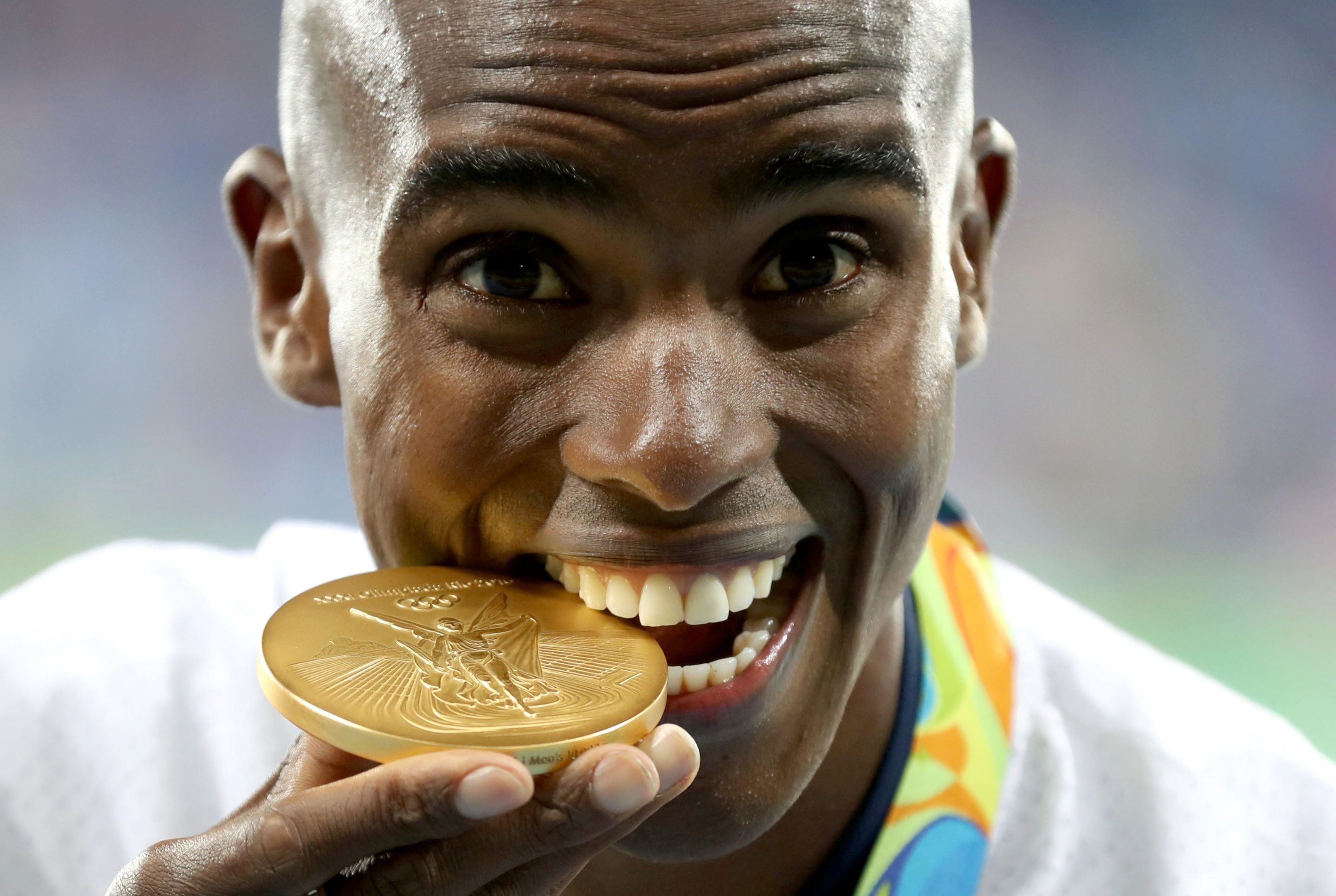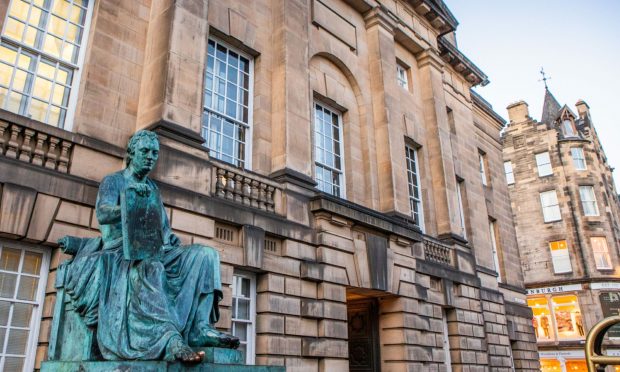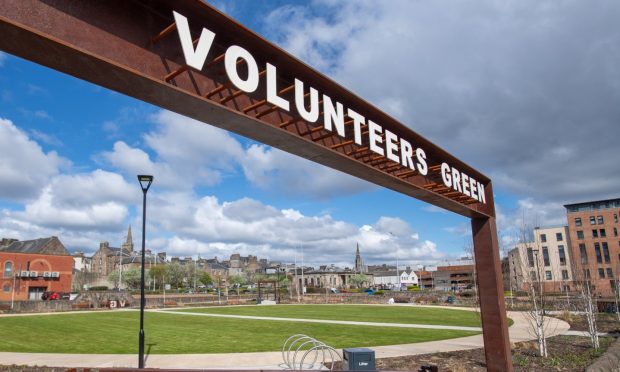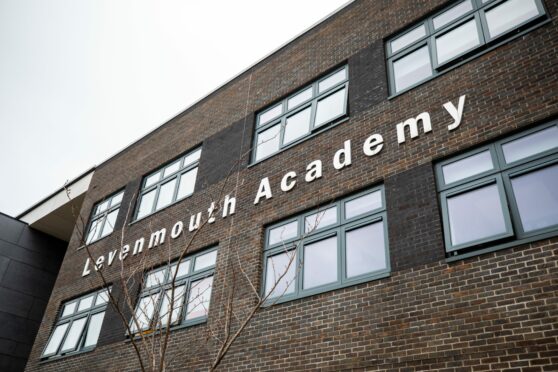It’s official: Team GB’s stunning success at the Olympics will be good for the nation’s health and well-being.
Research co-ordinated by University of St Andrews Professor Stephen Reicher suggests people will be happier after Great Britain’s showing in Rio.
A study conducted in Australia and New Zealand before and after their World Rugby Cup final clash in 2015 showed the quality of interactions between New Zealanders, even strangers, improved following their victory.
This led to a stronger sense of community which in turn improved physical and mental health.
Professor Reicher said: “After a tremendous success, like winning the World Cup or, perhaps, doing so well in the Olympics, there is a sense that you can go up to anybody in your community, even a complete stranger, say ‘wasn’t that wonderful?’ and they will not only understand you but agree with you.
“This brings people together, creates a sense of community, and makes us believe that others are there for us.
“This belief gives us a sense of security and of efficacy, which is at the root of improved well-being.”
Professor Reicher said a range of new research demonstrates this link between a sense of shared community identity and well-being.
“The simple but powerful message is that community is good for us, and so anything which builds a sense of community, like the Olympics, improves our well-being,” he said.
It remains to be seen whether or not the Rio feel-good factor will last.
Prof Reicher said: “In the short term, the Olympics drowns everything else out and so has a major effect on our sense of belonging together.
“In the longer term many other factors will affect whether we believe we are ‘in it together’.
“The Olympics will remain an example and a metaphor of what can be achieved when there is dedicated teamwork, when there is adequate funding and when it is truly distributed according to need.”










